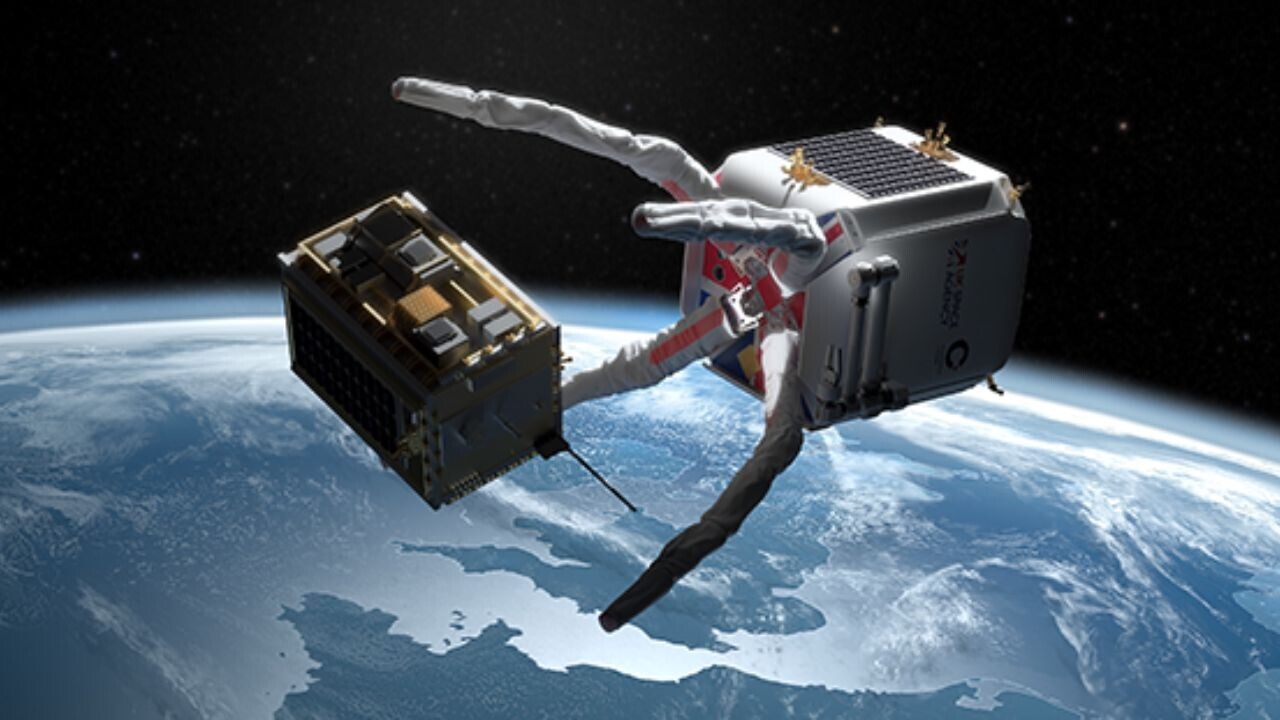
Story by
Thomas Macaulay
Senior reporter
Thomas is a senior reporter at TNW. He covers European tech, with a focus on deeptech, startups, and government policy. Thomas is a senior reporter at TNW. He covers European tech, with a focus on deeptech, startups, and government policy.
The first active removal of space debris has moved closer to lift-off after a new deal was inked on the landmark mission.
Swiss startup ClearSpace and French rocket giant Arianespace today announced that a launch contract has been signed for the assignment.
The mission, named ClearSpace-1, aims to capture and deorbit a chunk of garbage weighing over 100 kg. To start, the trash-collecting spacecraft will be released into a sun-synchronous orbit by the new European light launcher Vega C.
After commissioning and critical tests, the spacecraft will be raised to the target litter, which will be disposed of through an atmospheric reentry.
The launch is scheduled for no earlier than the second half of 2026.

Luc Piguet, the CEO and co-founder of ClearSpace, hailed the new deal as a crucial step for the project.
“This secures ClearSpace’s access to space for our trailblazing space debris removal mission,” Piguet said in a statement.
“The ClearSpace-1 mission demonstrates a turning point in the space industry as we urgently need to bring solutions to a fundamental problem: we are putting objects into space quicker than they are being removed.”

The deal between two European players also marks another milestone for the continent’s space ambitions. It comes a month after Europe was found to have surpassed the US in private spacetech investment for the first time.
More importantly, the contract brings us closer to solving a growing problem in space. At present, there are over 34,000 pieces of space debris larger than 10 centimetres — as well as about 6,500 operational satellites in orbit, a number expected to exceed 27,000 by the decade’s end.
All these objects are increasing the risk of collisions with satellites or space stations. If the build-up of trash continues at this rate, some regions of space could become unusable. And for those of us on Earth, the litter’s ruining our views of the cosmos.
If all goes to plan, ClearSpace-1 will set a benchmark for making our solar system a cleaner place.
Get the TNW newsletter
Get the most important tech news in your inbox each week.
Also tagged with